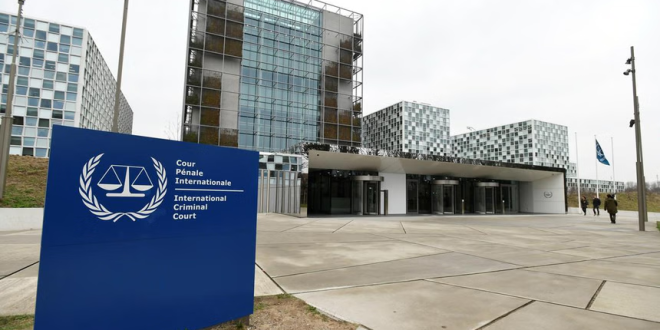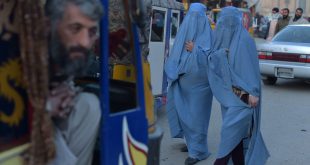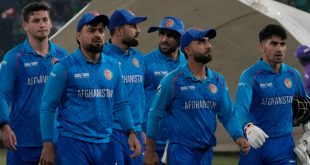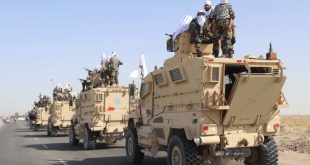KABUL – The Taliban’s foreign ministry on Friday condemned and rejected the International Criminal Court’s (ICC) decision to seek arrest warrants for two senior Taliban leaders. The ICC accuses the leaders of persecuting women and girls under the group’s rule.
In a statement, the ministry described the ICC’s move as “devoid of a fair legal foundation, characterised by double standards, and politically motivated.” The court’s prosecutor announced Thursday that the warrants target Haibatullah Akhundzada, the Taliban’s supreme spiritual leader, and Abdul Hakim Haqqani, who has served as Afghanistan’s chief justice since 2021.
According to the prosecutor, widespread persecution of women and girls has taken place across Afghanistan since August 15, 2021, the day the Taliban seized Kabul, marking the end of a two-decade insurgency against the Western-backed government. Since returning to power, the Taliban have imposed severe restrictions on women, barring them from public spaces, workplaces, and education, including closing high schools and universities to female students.
The Taliban’s foreign ministry criticized the ICC’s focus on its leadership, stating, “It is regrettable that during the two decades of occupation in Afghanistan, this institution turned a blind eye to the war crimes and crimes against humanity committed by foreign forces and their domestic allies.”
Rights groups welcomed the ICC’s announcement. Amnesty International hailed the move as a significant step toward justice for victims of gender-based oppression in Afghanistan. “This is a crucial step to hold accountable all those allegedly responsible for the gender-based deprivation of fundamental rights,” said Amnesty Secretary General Agnès Callamard.
However, Callamard urged the ICC prosecutor to revisit a 2021 decision to de-prioritize investigations into alleged war crimes by international forces during their 20-year presence in Afghanistan. “This decision risks contributing to perceptions of a selective approach to international justice which prioritises the interests of powerful states and their allies over the right to justice of victims of crimes under international law,” she said.
The ICC’s decision marks a contentious development in Afghanistan’s ongoing struggle with human rights violations and international accountability.
 Afghanistan Times
Afghanistan Times




